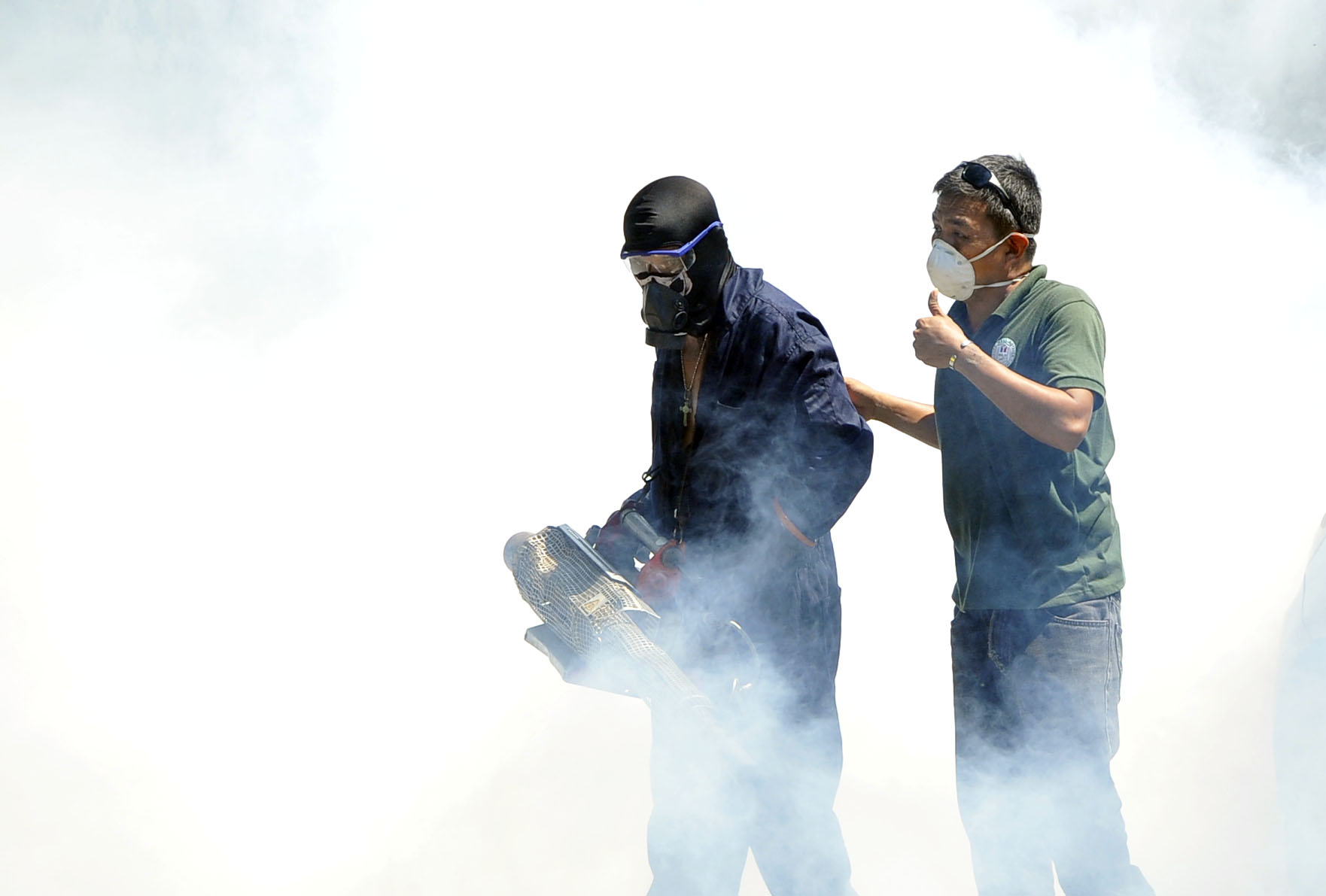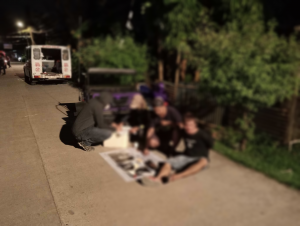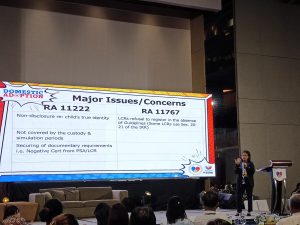- Davao City tops region in dengue deaths, cases
DAVAO City topped the list among the provinces in Davao Region after recording 16 deaths and 4,809 dengue cases from Jan. 1 to Sept. 9 this year compared to the two deaths and 2,385 cases for the same period in 2022.
Dr. Gerna Manatad, DOH assistant regional director, said the highest cases are found in Talomo District and are prevalent among the age group 10 years old and below.
Manatad added the cases are found to be from schools where the children spend most of their time.
Meanwhile, the Department of Health (DOH XI) reported a 116% increase in total dengue cases and a 219% increase in deaths for the same period.
DOH recorded a total of 12,861 dengue cases with 51 deaths, a notable difference from 5948 total cases with 16 deaths in Jan-Sept. 2022.
The city is followed by Davao del Norte with 2,763 cases with 10 deaths; Davao de Oro with 1,803 cases and four deaths; Davao Oriental with 1,577 cases and 13 deaths; Davao del Sur 1,377 cases, and 7 deaths; and Davao Occidental with 532 cases and one death.
The rise in cases was observed in August but the cases started to decline during the third week of September, according to the regional epidemiology and surveillance unit.
“We are thankful to our LGUs for actively implementing actions so we can prevent ang tuloy tuloy na pag-saka sa mga kaso,” Manatad said.
However, she said the public should not be complacent with the decline of cases from August to September as the rainy season is anticipated.
DOH, through the local and provincial epidemiology and surveillance units in various provinces, conducted misting and fogging, especially in hotspot areas.
Manatad stressed the need for schools to intensify the implementation of 4S. 4S stands for “search and destroy mosquito breeding places, seek early consultation, secure self-protection, and support anti-dengue fogging or spraying operations when necessary.”
She also urged the public to seek medical help if someone experiences a high fever for more than two to three days.
“Huwag hintaying maging malala yung dengue bago dalhin sa pinakamalapit na health facility, if there’s a need for admission para mas monitor, ma-manage, better talaga dalhin sa health facility,” Manatad said.
“ That’s why we are campaigning early consultation because not all dengue cases will turn into severe, that requires blood. However, pag nag re-require na ng blood, nandyan yung network natin sa blood,” she added.
The assistant director expressed confidence that the blood network in the region is prepared for cases that are in need of blood transfusion. The department advised the families to have at least one blood donor each.






